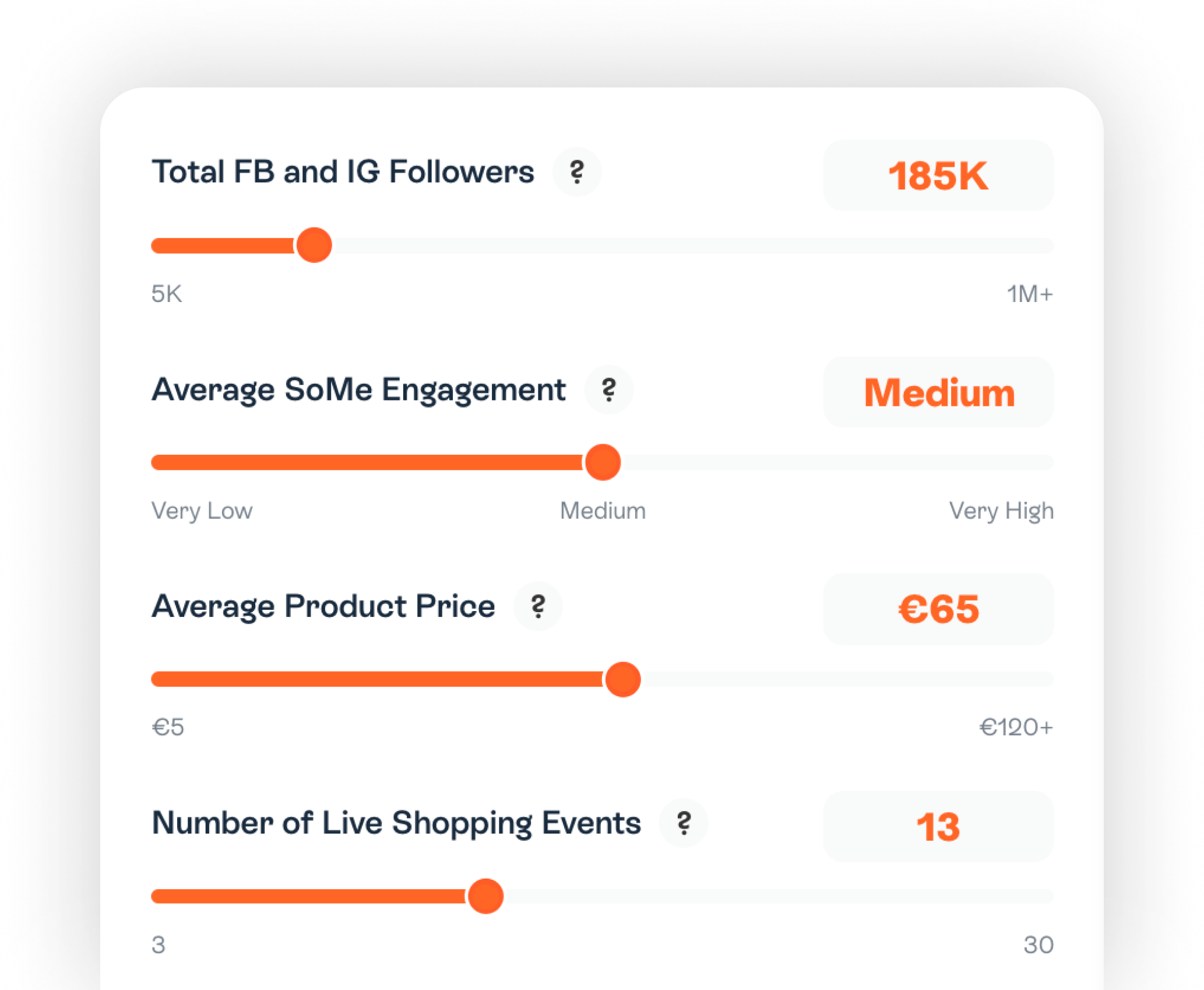When you look around at cutting-edge tech news right now, you’ll read about things like blockchain technologies, advancements in AI, and whispers about the coming “metaverse.” There are a lot of highly skilled and intelligent people out there working away on potential new breakthroughs that could drop any day now and immediately transform the industry all over again. Change is the new normal.
- So how do you prepare for that change?
- How do you prepare for the unpredictable?
The answer is you don’t go into it alone.
{{20x-banner}}
Collaboration Beats Competition
The Shopify Commerce Trends report in 2023 gave us some interesting predictions. From the report, we can see that social commerce sales worldwide are projected to rise from $992 billion in 2022 to almost $1,7 Trillion in 2024, and all the way to $2,9 Trillion by 2026. Already, 28% of brands are using their social channels to drive that growth.
Shopify stressed the ever-growing importance of social media in E-commerce – telling us that more than ever, successful brands would be using social media to “engage, convert, and retain customers.” But they also warned us that thanks to the same technology, “brands now find themselves up against global competitors.”
This is the danger – for small brands navigating the E-commerce landscape alone. Pretty soon, they’re going to find themselves competing against the likes of massive E-commerce marketplaces like Amazon and AliExpress.
To put it simply, you can’t compete with them. Not on your own.
And that’s why E-commerce partnerships are going to be so important going into 2024. We need to completely reject the philosophy that tells us small brands are in competition with one another. We’re not – we can work together.
Building Powerful E-commerce Partnerships
Building strong partnerships is always about the consumer because that’s where the whole process begins. Picture a scenario where small brands collaborate, offering complementary products to a shared consumer database. Imagine extensive networks of small brands in partnerships, mutually supporting one another. The consumer reaps the rewards as well; within this community of like-minded brands, a unique form of quality control emerges, benefiting the consumer experience. Quality recognizes quality, as they say.
Partnerships are the way we take on the changing world. When small brands form mutually beneficial partnerships, they turn would-be competitors into collaborators.
Think about it this way: As a new supermarket establishes itself in an area, the smaller independent shops find themselves losing their customer base to this new competition. In response, they join forces and collaborate to create a market. Organizing late-night shopping events, implementing cross-store promotions, and offering enticing incentives, they do what the corporate giants cannot - they join forces and build a community. They give the consumer a reason to stay.
The same principle can also be used to great effect within the E-commerce space. Partnerships can be used to boost sales. You can share ideas, or you can even share segments of your supply chain – inventory or order fulfilment, for example. The secret though, is to always build collaboration-friendly business models. For a partnership to work long-term, you have to establish a mutual value proposition.
Ultimately, we’re stronger together. And as the landscape of E-commerce continues to change and evolve, I predict that E-commerce partnerships are going to be more important than ever for independent brands looking to make their mark.
{{calculator-banner}}
Discover how Live Shopping
can 20X your conversions
Experience Live Shopping with Sprii




.webp)













.png)